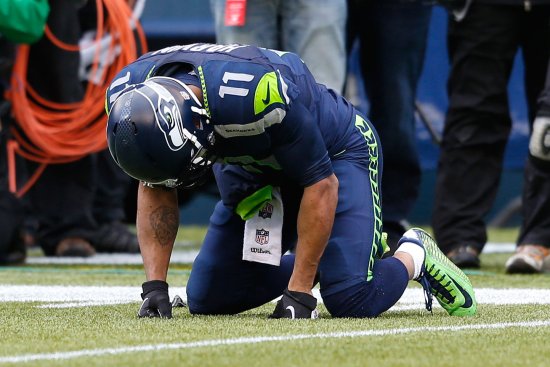
That's at least twice the rate at which the general population experiences the same diseases
Nearly 30 percent of former NFL players will develop brain conditions like Alzheimer’s or a less debilitating form of dementia, according to a report released Friday by the NFL and the NFL Players’ Association.
The data in the report was used to calculate the size of a $675 million pool that will be provided to former NFL players who suffer from brain problems as a consequence of their time as professional athletes. The information was provided to the federal judge overseeing a lawsuit against the NFL on behalf of former players.
The report said that the rate of brain conditions for former players were “materially higher than those expected in the general population” and diagnosis occurred at an earlier age, according to an Associated Press report.
The terms of the settlement provide $675 million for treatment of former players, $75 million for neurological testing and $10 million for research. The judge overseeing the case expressed concern that the funds might not be sufficient to cover the estimated 6,000 former players who may suffer from brain disorders.
[AP]